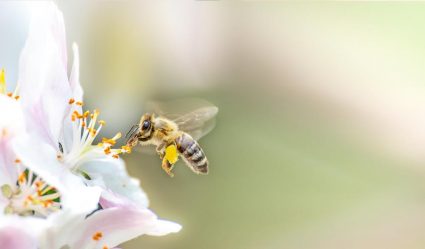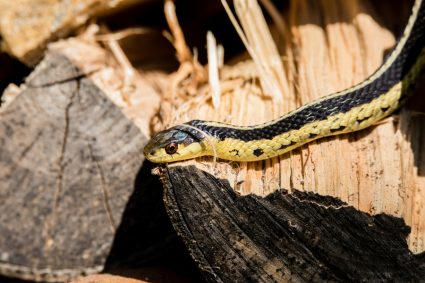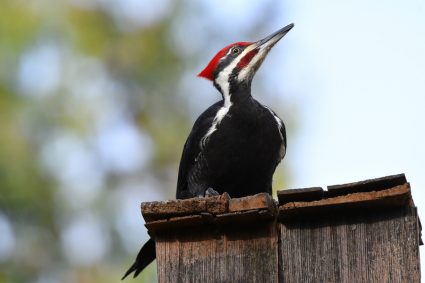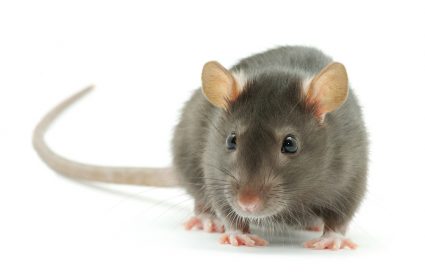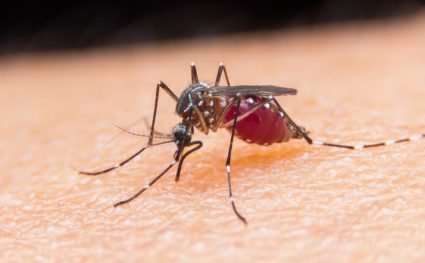
Skunks are notorious for their defensive spray mechanism, which they employ when they feel threatened or in danger. This behavior has led many to wonder, “Do skunks spray when shot?” The answer to this question is not as straightforward as one might think, as it depends on various factors such as the location of the shot and the individual skunk’s reaction.
Yes, skunks can and often do spray when shot. The reaction can vary depending on factors such as the location of the shot and the individual skunk’s response. However, it’s important to note that shooting a skunk is not a recommended or humane method for dealing with them.
Biology of a Skunk’s Spray Mechanism
Skunks have evolved a unique spray mechanism that involves the production of a foul-smelling liquid in their anal glands. They have control over when and how to use this spray, and they can aim it up to 15 feet away. The spray contains sulfur-based thiols, which are responsible for its pungent odor. Skunks typically use their spray as a last resort when they feel threatened and have exhausted all other defense mechanisms.
Instances of Skunks Spraying When Shot
There are both scientific and anecdotal evidence that skunks spray when shot. For instance, a discussion on HuntingPA.com revealed experiences of hunters who had skunks spray after being shot with a .22 caliber rifle. Similarly, the Montana Department of Agriculture states that skunks usually spray when shot, regardless of the bullet placement.
Impact of a Gunshot on a Skunk’s Body
The impact of a gunshot on a skunk’s body can vary depending on factors such as the type of firearm used, the distance from which the shot was fired, and the area of the skunk’s body that was hit. In general, gunshot injuries can cause severe damage to tissues, organs, and bones, leading to hemorrhage, fractures, and severe pain. However, a skunk may still release its spray even after being shot.
Precautions to Avoid Being Sprayed
To avoid being sprayed by a skunk, it’s important to exercise caution and be aware of your surroundings, especially at night when skunks are more active. If you encounter a skunk, remain calm and avoid sudden movements that might startle it. Pay attention to the warning signs a skunk may display before spraying, such as stomping its front feet, raising its tail, hissing, or making short forward charges.
Conclusion
While it’s clear that skunks can and often do spray when shot, it’s important to remember that shooting a skunk is not a recommended method for dealing with them. Skunks only spray when they feel threatened and cannot escape, so giving them space and employing humane methods to deter or remove them from your property is the best course of action. Remember, skunks are a vital part of our ecosystem and deserve to be treated with respect and kindness.
Frequently Asked Questions
What are other defense mechanisms of skunks apart from spraying?
Skunks typically try to avoid confrontation before resorting to spraying. Other defense mechanisms include stomping their feet, raising their tail, hissing, or making short forward charges to scare off potential threats.
How long does it take for a skunk to replenish its spray after using it?
After a full discharge, it takes a skunk approximately 10 days to fully replenish its spray. During this period, the skunk is vulnerable because it cannot use its primary defense mechanism.
What should I do if I am sprayed by a skunk?
If you are sprayed by a skunk, it’s important to act quickly. The spray can cause temporary blindness and a burning sensation if it hits your eyes. Rinse your eyes with plenty of water. To remove the smell from your skin or clothing, you can use a mixture of hydrogen peroxide, baking soda, and dish soap.
Is it legal to shoot skunks?
The legality of shooting skunks varies by location. In many places, it is illegal to shoot skunks without a permit because they are considered a protected species. It is always best to check local regulations and consider humane methods of removal.
What role do skunks play in the ecosystem?
Skunks play a vital role in controlling pest populations. They eat a variety of insects and small rodents, many of which are considered pests by humans. Additionally, skunks help to aerate the soil by digging for grubs and worms, which can help to improve soil health.


